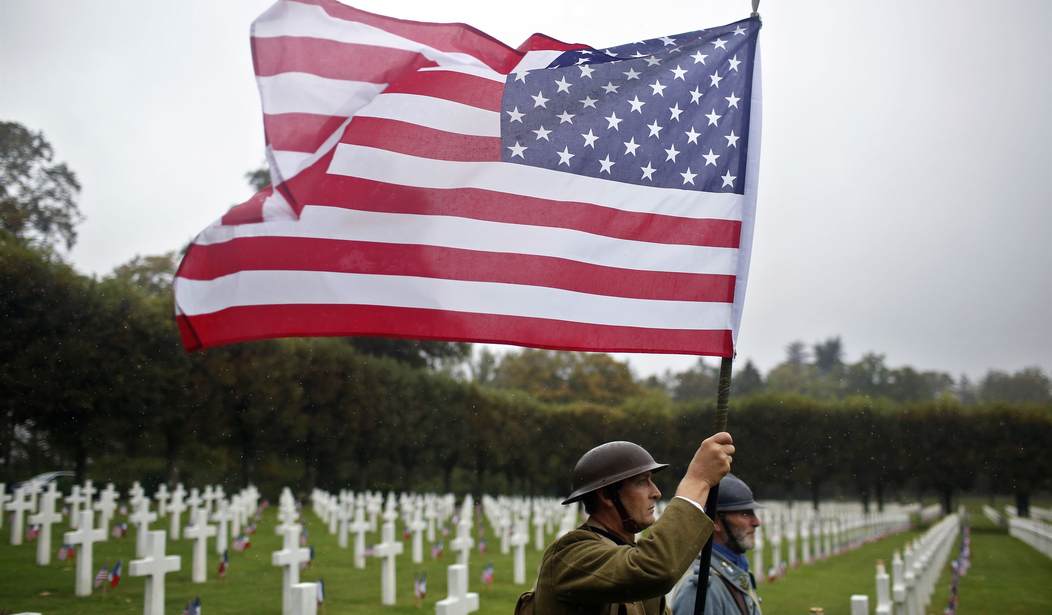Earlier this month, I had the privilege of serving as a judge for a competition in which young students were tested on their knowledge of the Constitution and America’s founding principles. I was awed by the knowledge of these students. They quoted John Locke and the Federalist Papers with ease. But my awe turned to disappointment when I asked every student one follow-up question: “How do you think America’s founders balanced the concepts of individual rights and the common good?” I had hoped to at least stir a little debate among the students. But almost universally, the students answered simply that the Founders viewed the common good as superior to individual rights.
In politics, the common good is typically defined as policies that are beneficial for most members of a given community. Societies that place the common good above all other goals are often willing to sacrifice individual rights in their efforts to achieve that objective.
Certainly, the Founders were concerned with the common good. John Adams wrote unequivocally that “[g]overnment is instituted for the common good.” James Madison, the Father of the Constitution, wrote, “The aim of every political constitution is…to obtain for rulers men who possess…virtue to pursue the common good of the society.” But the supremacy of individual rights was clear throughout the Founder’s writings. The opening words of the Declaration of Independence declare the inviolable nature of these rights. And the Bill of Rights declares that certain individual rights are, in the words of the Supreme Court, beyond the reach of majorities and officials.
The students’ misunderstanding of two important principles is not the result of poor education on America’s founding—the students knew more about the words of the Founding Fathers than I ever would have expected from anyone their age. Instead, I think Americans (of all ages) simply are not aware of just how vital individual rights are to a free society.
Recommended
It’s easy to ignore the value of individual rights, especially in America and other western countries, where we’ve enjoyed the protection of these rights for centuries. And the phrase “common good” just sounds so much better, and who doesn’t want to pursue good? But one need not dig deep into history to see that surrendering individual rights in the name of the common good inevitably leads to disastrous results.
In countries like China and Saudi Arabia, the general public is taught that unpopular minority groups are subhuman, thus giving the governments a free pass to disregard those populations’ liberty and dignity through labor camps, torture, and human experimentation.
Venezuela, which as recently as 2013 was being praised as a socialist success story despite its leaders’ disdain for individual rights, is now suffering one of the worst economic collapses in history. For those versed in the history of dictatorial governments, this crisis was an inevitable result of Venezuela’s restrictions on personal and economic freedom.
None of these atrocities are committed by groups who believe they are perpetrating evil. The acts are always carried out in the name of the “common good”—as defined by those in power.
HBO’s recent miniseries Chernobyl also brilliantly illustrates what can happen when the common good is considered paramount. In Chernobyl, we see that the reputation of the USSR—which the Communist Party considered to be the highest common good—took precedence over all else, even if it meant putting the lives of the entire population at risk. The Communist government refused to suffer the embarrassment of admitting to the failures of its nuclear-energy system and was willing to risk future meltdowns to cover up the problems with its Chernobyl plant. Those who attempted to speak out to save future lives—and to ensure that the lives lost were not in vain—were labeled traitors to the party and to the country, the most heinous of crimes.
Contrast these societies with those in which the protection of individual rights is the primary objective. A quick glance at the Cato Institute’s Human Freedom Index illustrates that countries which best protect individual freedom are also the most prosperous. In addition, Cato’s index demonstrates that not only are individual rights compatible with the good of a nation, the protection of such rights is necessary for good to be achieved. It is only when individual rights are protected that people are able to pursue medical advances, technological innovations, and art—all contributors to what many would consider the true common good.
On June 6, we honored the 75th anniversary of D-Day, one of the greatest victories of individual freedom over collective tyranny in human history. It is vital that we remember the sacrifices that so many made on the beaches of Normandy that day. It is equally important that we know why those sacrifices were made, and what we lose when individuals are forced to bow to their government’s “common good.”

























Join the conversation as a VIP Member